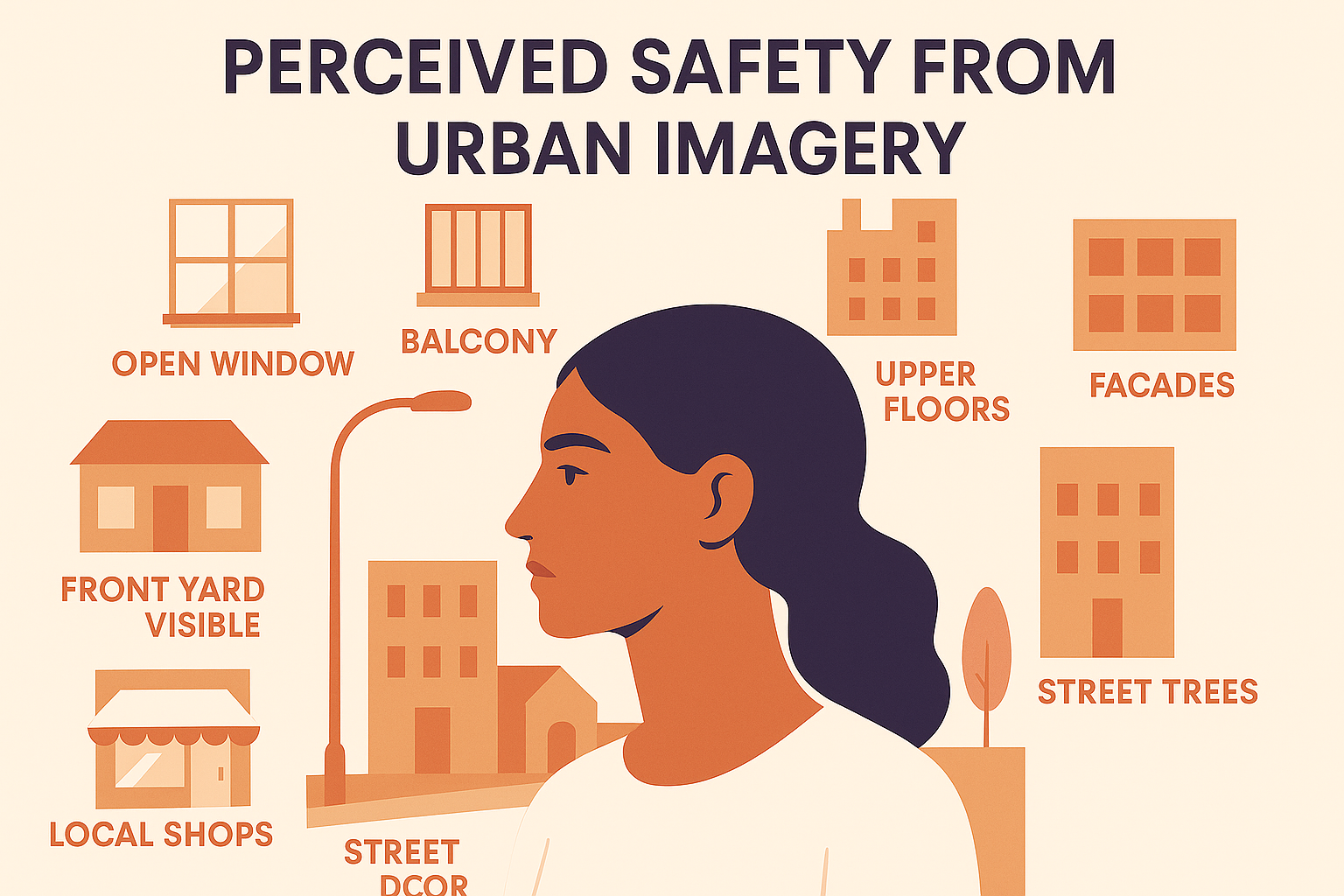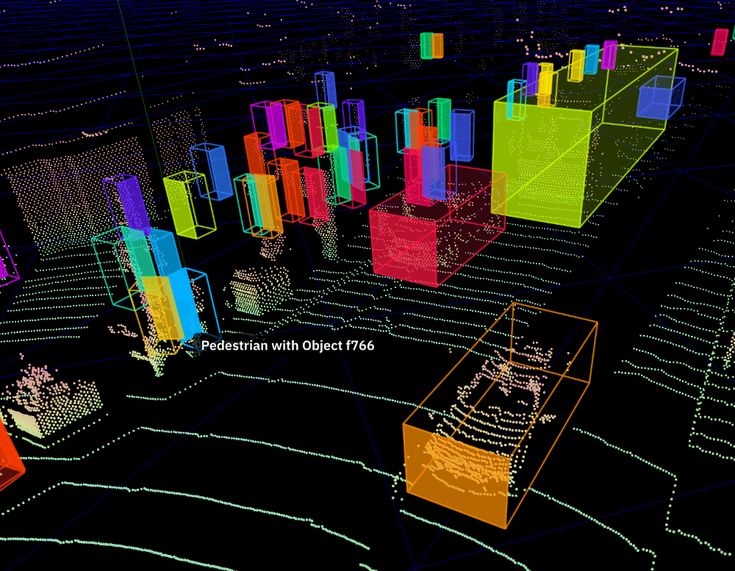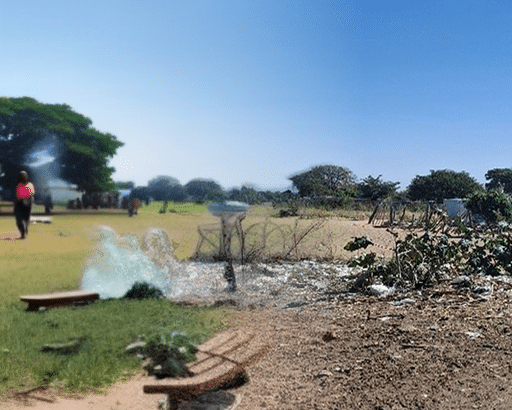SYNTHETIC AI AGENT SURVEY SIMULATION
Safety Perception in Jakarta Why Simulate Perception in Urban Spaces? In the realm of smart city design and urban analytics, one of the most nuanced yet underexplored datasets is perceived safety. This perception isn’t easily quantifiable, yet it critically influences how public spaces are used, trusted, or avoided. Traditional surveys are the go-to method for … Read more





